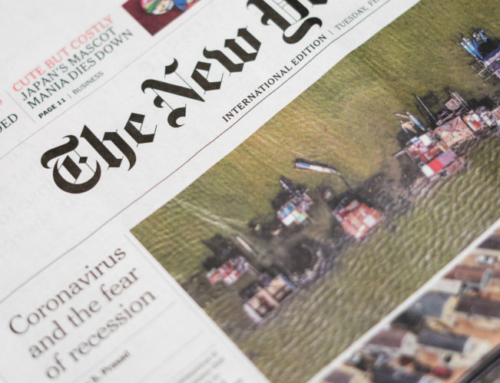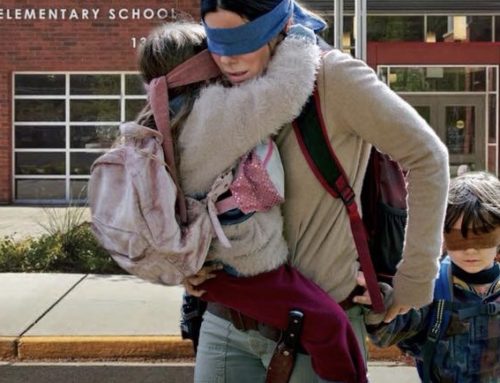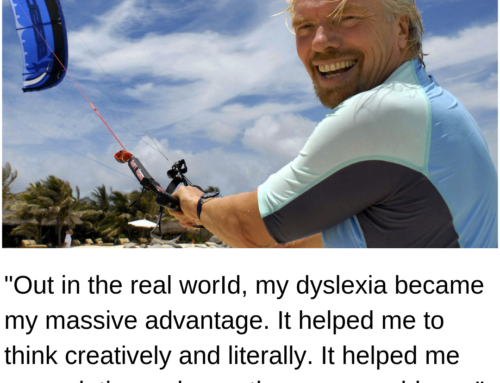It’s been over a month since the federal government officially shut down. It was the longest shutdown in history. No matter where you fall on the political spectrum, we can all agree that there were a lot of individuals and families out there suffering without paychecks.
Everywhere you turned, you saw a story about furloughed workers. You saw restaurants offering up free food to those who were working for free or were completely out of work until the government reopened. You saw hospitals waiving co-pays and deductibles. Companies were extending deadlines on bills for them as well.
What hasn’t gone unnoticed by some is that, although this shutdown was an unexpected hardship, people shouldn’t have been hurting this badly by being out of work for a month. After all, people lose their jobs all the time and have to figure something else out.
The need for financial literacy in schools is evident now more than ever. If those out of work were taught the concepts below, would this situation we were in have been this dire?
- It’s not an asset if you’re wearing it.
- Cash is better than credit.
- Save regularly and increase savings as your income grows.
- Follow a budget or spending plan to control, or if necessary, reduce living expenses.
- Pay credit card bills in full each month.
- Set aside an emergency fund sufficient to live on for 3-6 months.
- Contemplate how economic events might affect your personal financial decision making and act wisely.
- Realize what risks your career path carries and plan for them.
These concepts need to be taught early on and practiced when kids first come into contact with money so they can start making smart financial decisions early on. Only then can they fully appreciate the consequences of their choices and carry that knowledge into adulthood with them.
Financial literacy needs to be taught like any other core subject in school. Students should be exposed to topics and that knowledge should be built upon each year so that students can graduate high school being fully aware of all the financial decisions they can make as well as what risks and benefits those choices carry!









